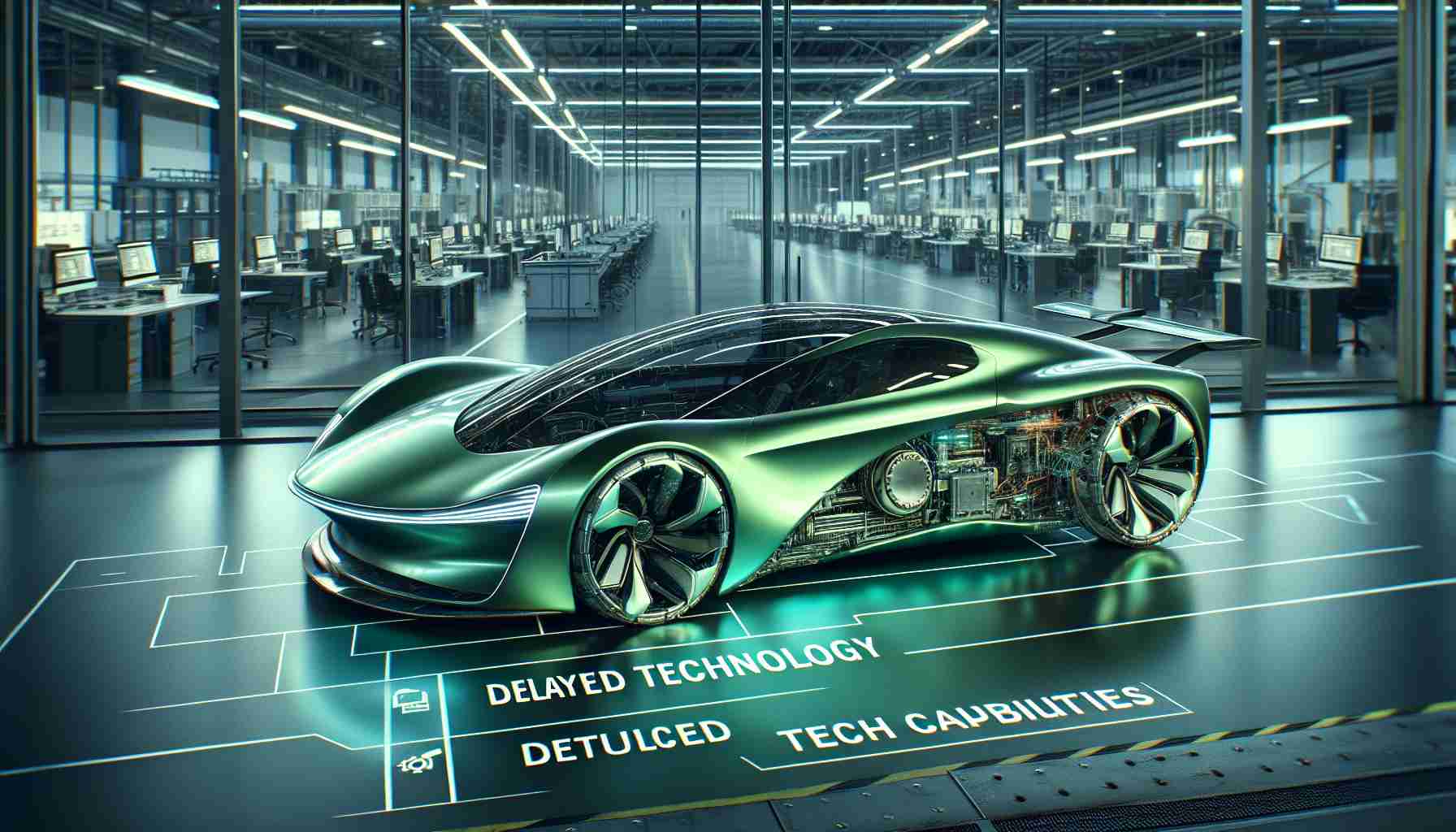The highly anticipated Apple Inc. (NASDAQ:AAPL) Car project has encountered another setback, according to a recent report. The project, once seen as a promising opportunity for the tech and automotive industries, including companies like Google, Nvidia, and Intel, has faced delays and a reduction in technological capabilities.
Originally, the Apple Car project was expected to revolutionize the market, much like the iPhone transformed the phone industry. However, the latest news reveals that the project, known as Project Titan, has been scaled back from fully autonomous (L4) to a partially autonomous (L2+) system. The launch date has also been pushed back from 2025 to 2028.
This setback is significant for Apple, as it means that if the company does eventually launch an L2+ vehicle in 2028, it will be entering an already saturated market with similar capabilities. In comparison, Mobileye, a leader in autonomous driving technology, already anticipates a surge in L2+ vehicles by 2026, with numerous models coming out in the next few years.
The challenges faced by Apple in developing an autonomous driving system are not unique. Other major players in the industry, such as Tesla, General Motors Cruise, and Ford, have also encountered setbacks. Developing an autonomous driving system, unlike traditional software, presents unique difficulties, including the need for precise mapping.
Mapping is crucial for the development of reliable autonomous vehicles, but traditional GPS maps lack the necessary precision. Companies like Waymo have resorted to manually crafting maps, which is a time-consuming process. In contrast, Mobileye has developed its own crowdsourced REM mapping system, which has already collected vast amounts of road data from millions of vehicles.
The delay and reduction in capabilities of the Apple Car project come at a critical time for the company. In its recent fiscal Q1 earnings report, Apple reported less than 2% revenue growth and limited potential for future growth in its major businesses. As a result, major product launches, like the rumored Apple Car, become crucial for driving growth and justifying the company’s premium valuation.
In conclusion, the setbacks faced by the Apple Car project highlight the challenges of developing an autonomous driving system. While Apple may have missed out on the rise of electric vehicles and autonomous vehicles, other companies, like Mobileye, have made significant progress in solving the complex technological and mapping challenges. As the car industry continues to evolve, the development of autonomous vehicles has become the next frontier, and companies must navigate these challenges to capitalize on this burgeoning market.
FAQ Section:
1. What is the current status of the Apple Car project?
– According to recent reports, the Apple Car project, known as Project Titan, has encountered setbacks and has been scaled back from fully autonomous (L4) to a partially autonomous (L2+) system. The launch date has also been pushed back from 2025 to 2028.
2. Which companies were involved in the Apple Car project?
– Companies like Google, Nvidia, and Intel were initially expected to be part of the Apple Car project, along with Apple itself.
3. How does the setback affect Apple’s entry into the market?
– The setback means that if Apple eventually launches an L2+ vehicle in 2028, it will be entering an already saturated market with similar capabilities. Other companies, like Mobileye, anticipate a surge in L2+ vehicles as early as 2026.
4. Is Apple the only company facing challenges in developing autonomous driving systems?
– No, other major players in the industry, such as Tesla, General Motors Cruise, and Ford, have also encountered setbacks in developing autonomous driving systems.
5. What are the unique difficulties in developing autonomous driving systems?
– Developing an autonomous driving system presents unique difficulties, including the need for precise mapping. Traditional GPS maps lack the necessary precision, and companies have resorted to manually crafting maps or developing their own mapping systems.
Definitions:
– Project Titan: The internal name for Apple’s Car project, aiming to develop autonomous electric vehicles.
– L4 (Level 4): A term used to describe a fully autonomous vehicle that does not require human intervention in most circumstances.
– L2+ (Level 2+): A term used to describe a partially autonomous vehicle that can perform certain driving tasks, but still requires human supervision.
– GPS: Global Positioning System, a satellite-based navigation system used for determining the location of a device or vehicle.
Suggested Related Links:
– Waymo: Website of Waymo, a company specializing in autonomous driving technology and mapping.
– Mobileye: Website of Mobileye, a leader in autonomous driving technology and mapping.
– Tesla: Website of Tesla, an electric vehicle manufacturer and leader in autonomous driving technology.
– General Motors: Website of General Motors, an automotive company with a subsidiary called Cruise dedicated to autonomous driving technology.
– Ford: Website of Ford, an automotive company actively involved in the development of autonomous driving technology.

